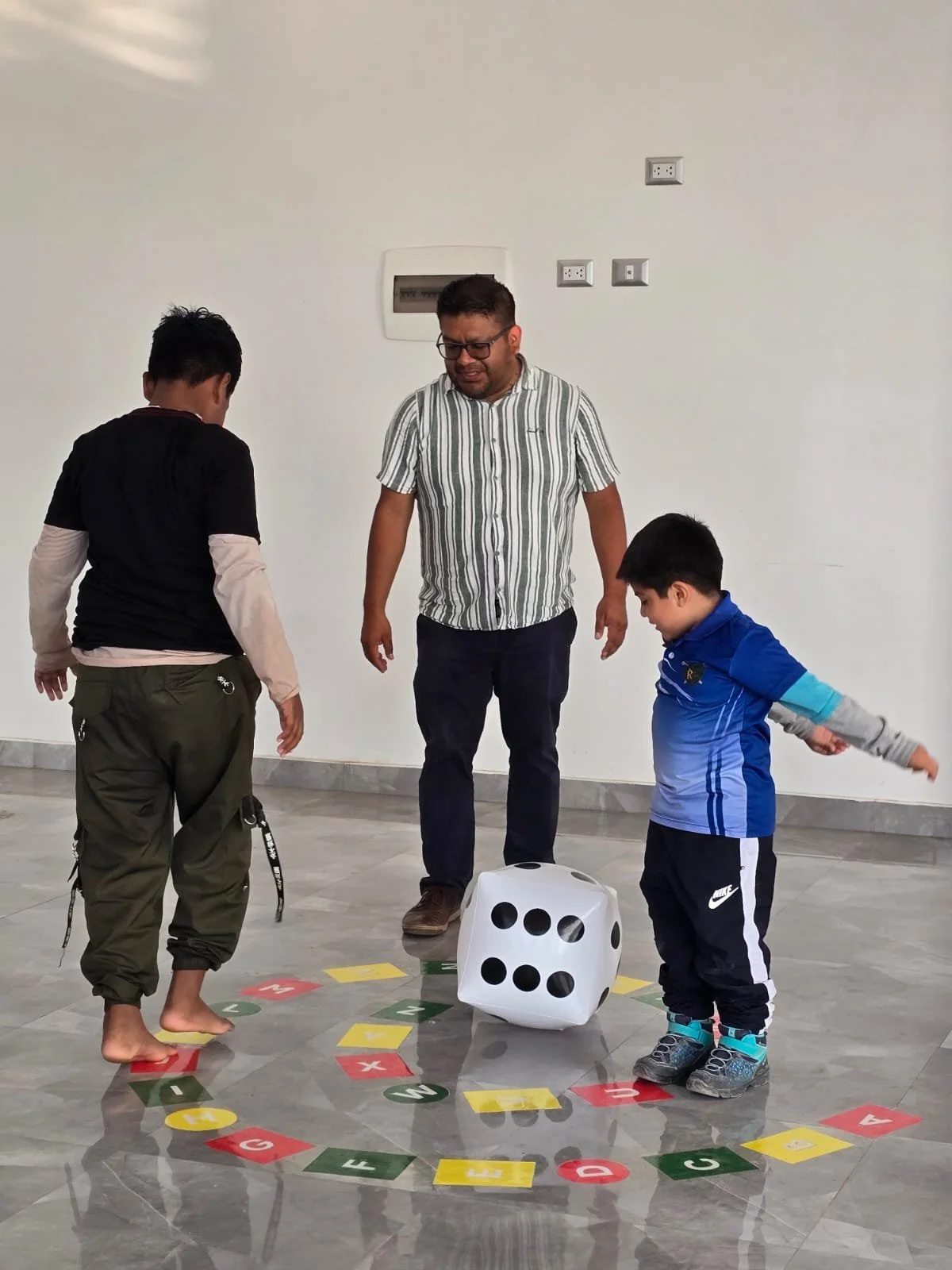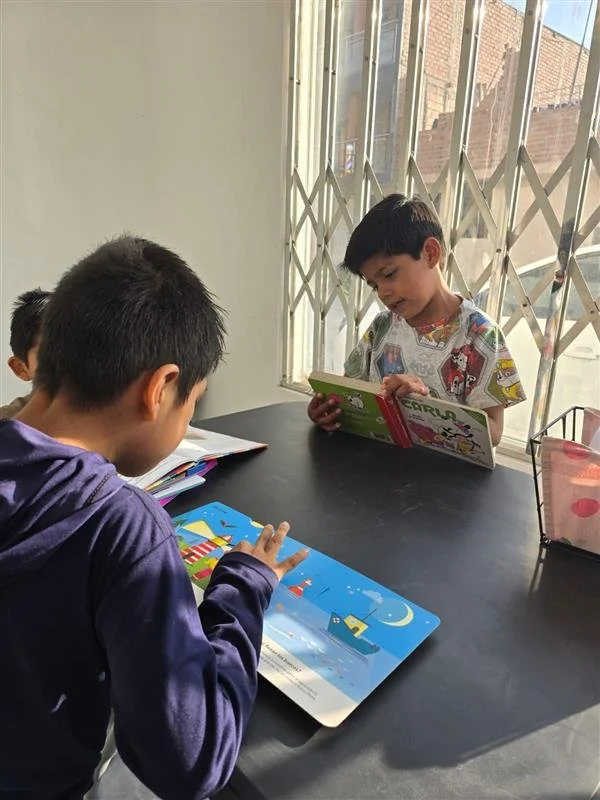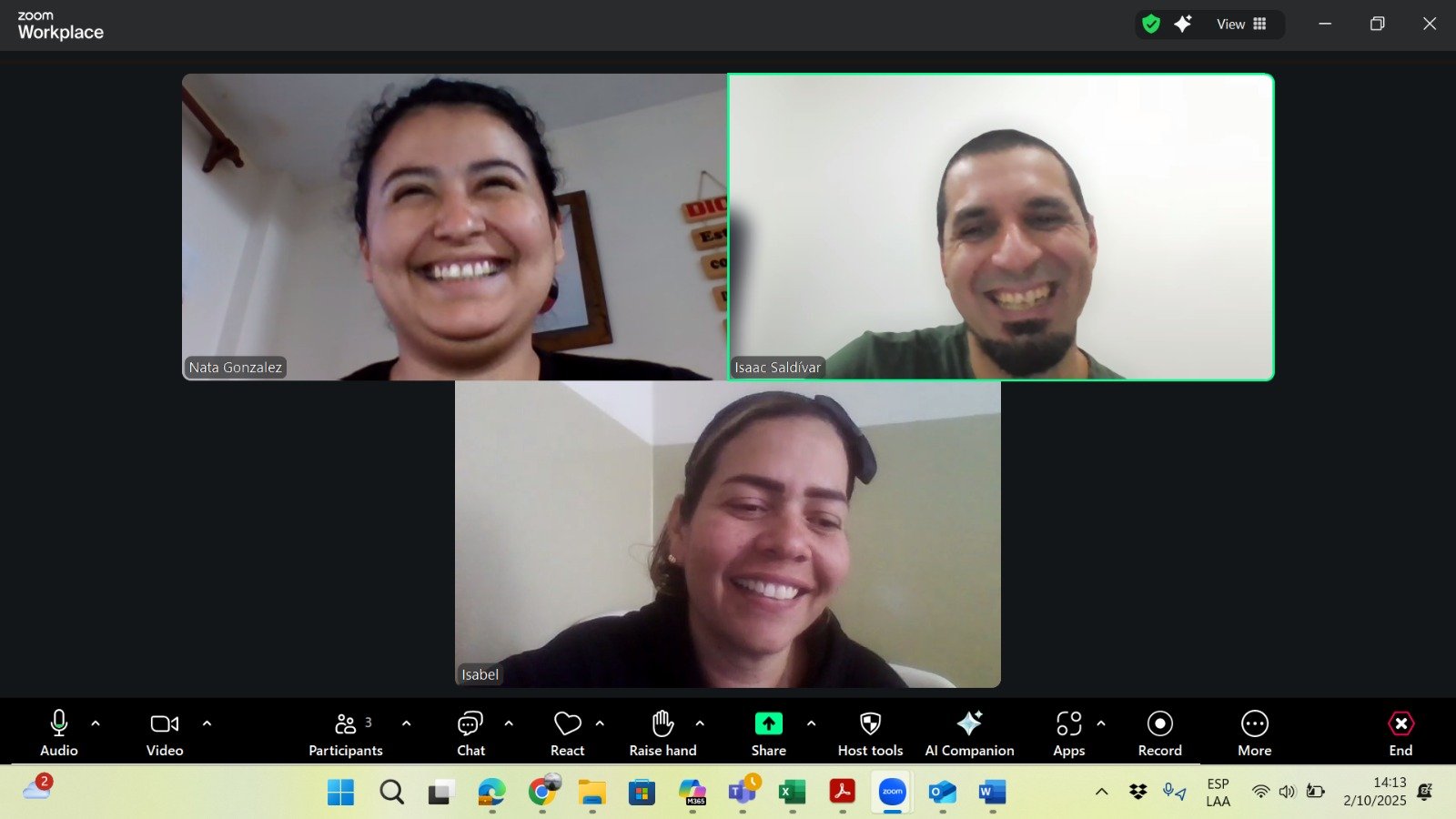Viva Network Perú: Multiplying hope
In Perú, thousands of girls and boys live each day at risk of leaving school and growing up outside of normal education and family structures. Viva’s CAFI programme (Centres for Family and Childhood Care) was specifically designed to address this problem. In 2023, Viva Network Perú adopted this model and began mobilising churches to work in a network, serving as a concrete response to the most urgent needs of their communities. It is an exciting time for the network, as right now new CAFIs are being planted, expanding the reach to many more children.
Each CAFI works in five key areas: education, basic needs, resilience, family and protection and recreation and free time. Each one runs one or more elements, according to their resources, the giftings of volunteers, and the needs - and abilities - of the children. Today, there are already 16 active CAFIs in Lima and other regions, reaching more than 1,000 children and adolescents in vulnerable situations. In these spaces, children find school support, meals, protection, emotional resilience, and safe places for recreation.
One such child is Ana (name changed), a little girl in Perú, who is on her way to seeing her dream come true, as a budding gymnast who benefited from a sporting scholarship. Seeing her blossom as she attends competitions, her mother shared her deep gratitude: “We are truly thankful for this support for my daughter. It motivates us to keep encouraging her, and we will do everything in our power to ensure Alanis continues with the sport she loves so much. Without a doubt, this help gives us the strength to keep fighting for our daughter’s dream.”
Local impact
One CAFI was being run at the IBI Church in the district of Chorrillos, Lima, by Natali and her husband, until God called them to a new mission: to move to Chiclayo, an agricultural and fishing region located 14 hours from Lima.
Before leaving, they entrusted a strong team with the leadership of both the church and the CAFI in Chorrillos. As they settle in Chiclayo, they are carrying the CAFI model with them as their main tool for transformation. In just two months, Natali, her husband, and a group of volunteers opened four new CAFIs, running in:
Santa Rosa: in Natali’s own home, offering a safe refuge for the children of the neighbourhood.
Pimentel: with one CAFI in their church and another in a sister church in the city.
Mochumí: in a rural area where a missionary couple travels kilometres by bus to bring children together and provide education, play, emotional care, and spiritual support.
The impact has been so great that two schools – one public and one private – have requested to open CAFIs on their premises, convinced that the programme is a vital response to school drop-out rates and the lack of support so many children face in their formative years.
Personal impact
Isabel González, the National Network Coordinator for Red Viva Perú, and Isaac Saldivar Centurian, a Viva coach, are accompanying Natalí in her journey of running CAFIs in rural and high-risk areas of Chiclayo to address some of the most pressing challenges facing children in the region: violence, lack of access to education and nutritious food, and the absence of holistic care essential for healthy development.
Natalí has access to Viva’s NTC (Network Training Course) online platform, a Viva tool that helps networks develop a strong foundation, covering areas such as forming an identity, strategic planning, and monitoring and evaluation. Isaac is excited to see Natalí and her husband expand the reach of CAFIs, noting that he and Isabel will “continue to walk alongside her step by step as she develops this new local network, now part of Viva Network Perú.”
Regional impact
Natalí not only benefits from the support of Isaac and Isabel but also from a community of practice that is being established. This has enabled leaders of different CAFIs to learn from each other and be inspired to see how replicable the model is. In early 2025, Isabel and Jessica Villamizar from Viva Network Perú spoke with Isaac to share their reflections, highlighting how collaboration strengthens their work, allows mutual learning, and amplifies impact for children. You can enjoy hearing and seeing their passion for their work firsthand here. Together, they have witnessed the power that comes from engagement between large and small networks, resulting in tangible transformation in children and families.“We grow as a network, in one way or another, we grow as a family in the same purpose, which is to reach children and protect them in a global way … One of the lessons we have had is to see how the networks of so many years can still listen to smaller networks and we can share experience.”
Global impact
Looking ahead, they hope the community of practice expands globally, involving more people and countries to reach and protect more children, because inside every CAFI, there are boys and girls who go back to school, who find a plate of food, who learn to trust again, who laugh and dream. Today, more than 1,000 children are already being reached in Perú – but many more are still waiting. Isabel and Jessica are determined to be part of the change: “It is extremely gratifying to see that everything we are doing together has a satisfactory impact on children both here and in other countries … Our dream is to see children live with dignity, protected, with great opportunities … with a more global impact where all countries, the entire globe can also be impacted.” Viva is helping these networks in Latin America and the Caribbean connect with each other, as well as with networks in Asia and Africa, through interactions such as a monthly global forum and email communication, meaning that, indeed, there is hope for a global impact for children.




